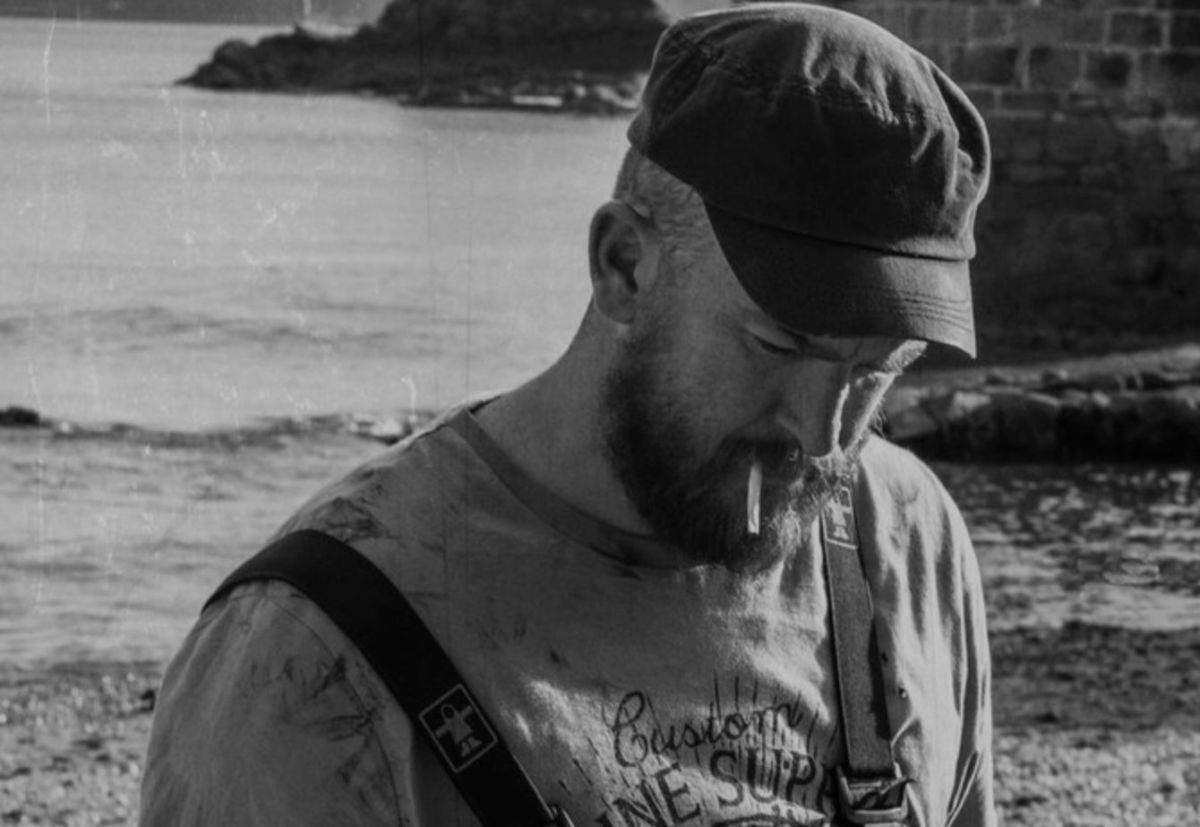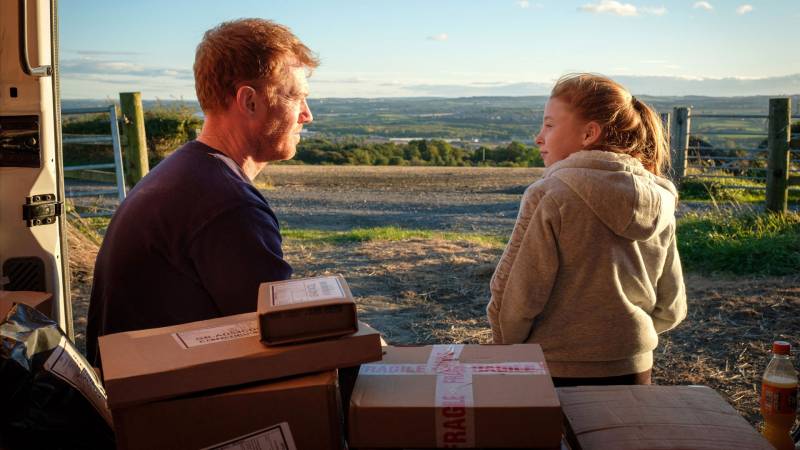It’s been at least half a century since one could credibly say, “The sun never sets on the British empire.” Yet the British film industry has successfully maintained its status and reach, notwithstanding some fallow periods. Did you know that four of the actors and actresses nominated for this year’s Oscars hail from the former U.K.? It’ll take a lot more than Brexit to dethrone the Brits from hard-won screen stardom.
But like every national cinema, only a fraction of British films score U.S. distribution. The annual Mostly British Film Festival, at the Vogue Feb. 13–20, specializes in the lower-profile movies—adult films, one could say—that U.S. audiences generally don’t see: Intimate relationship dramas, small-gauge character studies, gritty directorial debuts.
A prime example is Mrs Lowry and Son (no period, if you please), an interiors-heavy study of the fraught bond between the painter L. S. Lowry (Timothy Spall) and his mother (Vanessa Redgrave). Claire McCarthy’s Ophelia also boasts an alluring cast, with Naomi Watts and Clive Owen providing stellar support to young lovers Daisy Ridley (Star Wars) and George MacKay (1917).

Cornwall documentary veteran Mark Jenkin received top prizes at both the BAFTAs and British Independent Film Awards for Bait, his realism-steeped, black-and-white drama about a fisherman displaced by his brother’s pursuit of tourism dollars. Ken Loach’s latest bleak saga of working-class heroes, Sorry We Missed You, traces the travails of a Newcastle couple ensnared (willingly, at first) by the entrepreneurial glories of the gig economy.
If blows against the empire aren’t your cuppa, perhaps rock the commonwealth is. The New Zealand musical romance Daffodils sets its roller-coaster, ’60s-to-’80s love story to the lilting beat of old-school pop songs. It’s not all tea and roses, mind you, but plenty of toe-tapping chart-toppers were inspired by a breakup.


